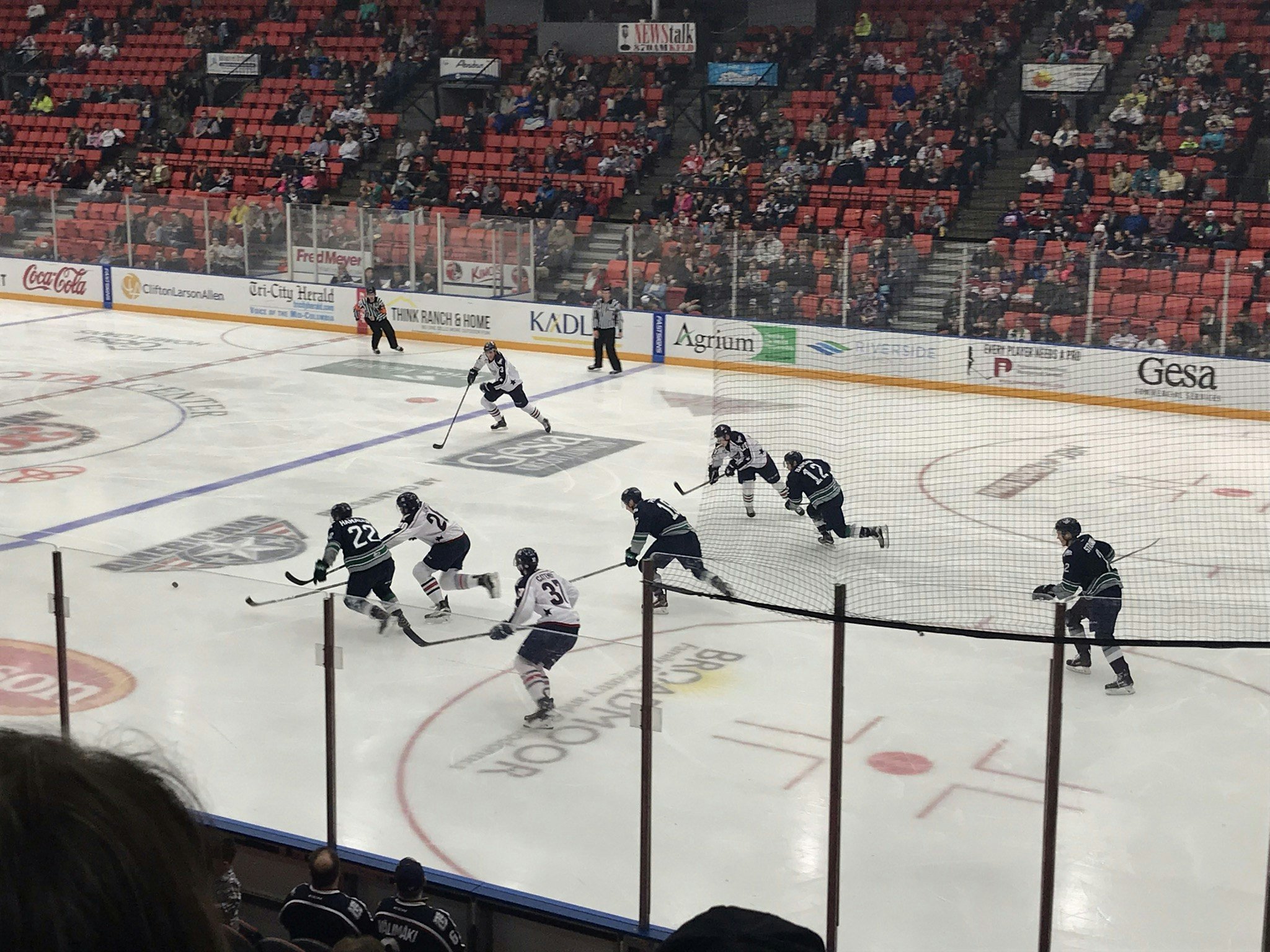
Retail Sports Services – Enterprise Business Transformation
An Introduction To Our Retail Sports Services
Modus Business Transformation Core Modules
Building, Driving and Sustaining your Business Transformation and embedding a 'Transformation As Usual' platform.

01 - Business Model Management - Manage and Adapt
Transform your Retail Sports enterprise with the Business Model Management Hub in Modus ETP. Adapt, optimize, and grow your business effortlessly.
Key Features & Importance:
End-to-End Visibility: Provides comprehensive oversight of retail operations and business models.
Customizable Templates: Offers pre-built and adaptable templates for managing diverse retail models.
Real-Time Tracking: Monitors performance and changes in business models in real time.
Scenario Planning Tools: Allows for what-if analysis to evaluate different business model outcomes.
Boosts Productivity: Helps retail teams focus on core tasks while managing business models efficiently.
Consistency Across Teams: Ensures all departments are aligned with the same strategic business model.
Improved Flexibility: Enables rapid response to market dynamics and operational shifts. Supports Growth: Provides the tools needed to scale business models effectively.
Benefits:
Enhanced Decision-Making: Facilitates data-driven choices for optimizing retail operations.
Operational Agility: Quickly adapts business models to market changes and customer needs.
Cost Efficiency: Streamlines processes, reducing overhead and operational costs. Strategic Alignment: Ensures business models align with long-term retail objectives.
02 - The Value Chain Modeler - Manage and Adapt
Transform your Retail Sports enterprise with the Value Chain Modeler in Modus ETP. Understand, optimize, and grow your business seamlessly.
Key Features:
End-to-End Visibility: Tracks every stage of the retail value chain, from procurement to sales.
Real-Time Data Integration: Syncs live data streams for instant updates on inventory, pricing, and demand.
Customizable Dashboards: Provides role-specific views to monitor and manage value chain performance.
Scenario Planning: Offers tools to simulate and assess potential changes in the value chain.
Importance:
Strategic Alignment: Ensures day-to-day operations align with the overall business strategy.
Operational Flexibility: Allows retailers to adapt quickly to fluctuations in market and supply chain dynamics.
Improved Collaboration: Facilitates cross-departmental coordination by centralizing value chain data.
Supports Growth: Provides the tools to scale operations efficiently and respond to evolving market needs.
Benefits:
Improved Efficiency: Optimizes processes by identifying and resolving bottlenecks across the value chain.
Enhanced Decision-Making: Provides data-driven insights to adjust operations based on real-time performance.
Cost Reduction: Helps minimize waste and reduce operational costs by streamlining the supply chain.
Increased Agility: Enables faster adjustments to market changes and customer demand.

03 - The Operating Model - Organize and Sustain
Transform your retail departmental enterprise with the Operating Model in Modus ETP. Organize, sustain, and optimize your operations for ongoing success.
Key Features & Importance:
Multi-Level Structure: Organizes operations across six distinct levels, from strategy to daily tasks.
Live Operating Model: Provides real-time visibility into current operations and processes.
Integrated Change Management: Tracks shifts from the "As Is" to the "To Be" model seamlessly.
Continuous Alignment: Ensures KPIs, roles, and systems are updated and aligned in real time.
Strategic Focus: Keeps operations consistently aligned with broader business objectives.
Scalability: Supports seamless scaling of operations as the business grows
Operational Resilience: Ensures the business can adapt to internal and external changes smoothly.
Sustained Performance: Helps maintain high performance through continuous process improvements.
Benefits:
Improved Efficiency: Streamlines operations by aligning processes with strategic goals.
Enhanced Flexibility: Enables quick adjustments to operational models in response to changes.
Cost Savings: Reduces inefficiencies by optimizing resource allocation across departments.
Consistent Operations: Maintains uniformity in processes and policies across teams and locations.
04 - The Transformation Assets and Portfolio Module - Discover and Transform
The Transformation Assets and Portfolio Module, a core part of the Modus Enterprise Transformation Platform (ETP), helps retail enterprises streamline operations and achieve their transformation goals.
Importance:
Strategic Alignment: Ensures transformation efforts are aligned with business objectives.
Enhanced Flexibility: Supports the ability to adapt projects quickly as market or business needs evolve.
Scalable Solutions: Enables transformation initiatives to scale efficiently across locations or departments.
Operational Improvement: Drives continuous improvement by facilitating ongoing transformations.
Benefits:
Streamlined Transformation: Centralizes efforts to ensure smooth execution of transformation projects.
Optimized Resource Use: Helps manage resources, timelines, and project dependencies efficiently.
Improved Accountability: Real-time reporting ensures clear visibility of progress across teams.
Consistent Execution: Ensures best practices are applied uniformly across all transformation initiatives.
Key Features:
Centralized Asset Library: Provides over 400 pre-defined templates and tools for transformation.
Integrated Portfolio Management: Manages multiple projects with automated reporting and tracking.
Customizable Dashboards: Role-specific insights to monitor transformation progress in real time.
Agile Project Support: Facilitates flexible project management, including agile methodologies.

05 - Organizational Change Management - Unite and Thrive
Transform your retail sports enterprise with Organizational Change Management in Modus ETP. Unite, thrive, and achieve your change goals with confidence.
Key Features & Benefits:
Comprehensive Change Framework: Offers tools, templates, and techniques to manage change across retail operations.
Real-Time Tracking: Monitors progress and impact of change initiatives through integrated dashboards.
Customizable Methods: Supports predefined or tailored change management approaches for flexibility.
Cross-Team Collaboration: Enables seamless collaboration among teams during change processes.
Smooth Transitions: Coordinates change without disrupting daily retail operations.
Faster Adoption: Accelerates the implementation of changes with integrated communication tools.
Improved Alignment: Ensures organizational changes align with long-term business goals.
Minimized Resistance: Facilitates smoother adoption of change by keeping all stakeholders informed.
Importance:
Operational Continuity: Maintains business stability during significant transformation efforts.
Scalability: Scales change initiatives across departments and locations, ensuring consistent implementation.
Agility: Supports a responsive approach to evolving market conditions and internal shifts.
Sustained Growth: Enables continuous improvement and adaptation to market demands.
06 - Engagement Hub - Share and Guide
Transform your retail sports enterprise with the Engagement Hub in Modus ETP. Centralize communication, stay informed, and guide your teams through successful transformations.
Importance:
Improved Cross-Brand Collaboration: Enhances communication between retail brands and functions, facilitating a unified approach to transformation across the conglomerate.
Increased Stakeholder Engagement: Ensures that all team members, from executives to frontline staff, are aligned with the transformation strategy, boosting engagement and ownership of change.
Streamlined Information Access: Provides quick and easy access to essential documents, reports, and schedules, reducing delays and miscommunications during the transformation process.
Key Features:
Centralized Platform: Offers a unified interface for all team members to
access transformation materials, reports, and updates.
Real-Time Communication: Enables instant collaboration and timely updates across teams and stakeholders.
Role-Based Access: Customizes user views and access to relevant data and tools based on responsibilities.
Commitments Tracking: Tracks training, meetings, and deadlines to ensure timely completion.
Benefits:
Boosts Productivity: Streamlines communication and access to information, improving team efficiency.
Enhanced Collaboration: Facilitates cross-team collaboration with real-time updates.
Consistent Alignment: Centralizes transformation activities, keeping business and transformation teams aligned.
Ongoing Learning: Ensures access to training materials, helping teams adapt to changes effectively.
-

Transformation As Usual Capability Model
-

Individual and Team Capability Development



